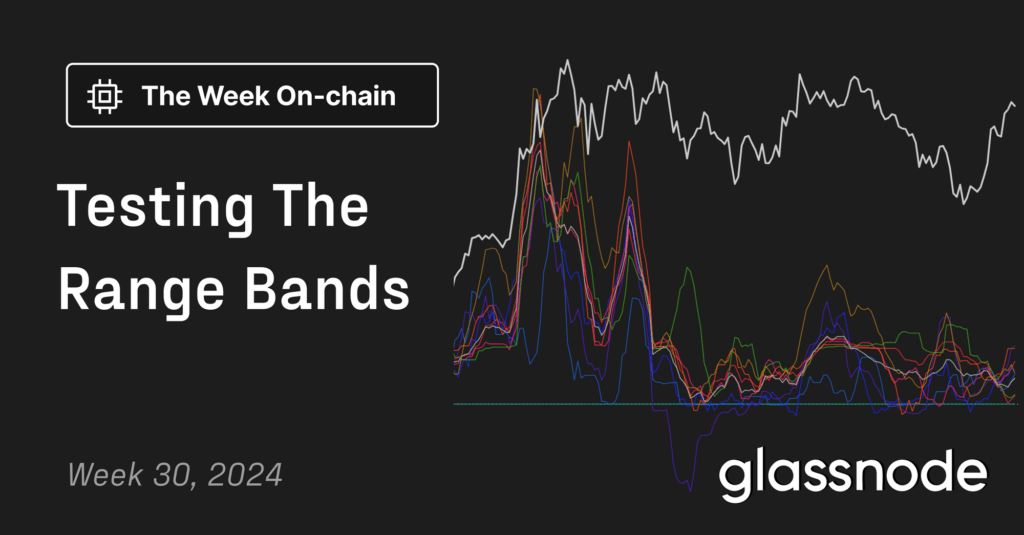Podcast Summary
In this episode, Laura Shin hosts Shehan Chandrasekera, Head of Tax Strategy at CoinTracker, and Lawrence Zlatkin, VP of Tax at Coinbase, to discuss the proposed IRS tax regulations on crypto brokers. The conversation revolves around the implications of these regulations for the crypto industry, particularly DeFi platforms, and the potential challenges in compliance. The guests also delve into the complexities of tax reporting for NFTs and digital assets, and propose innovative solutions leveraging blockchain technology for more efficient compliance.
Key Takeaways
Understanding the Proposed IRS Tax Regulations
- Regulatory Timeline: The proposed regulations were released in August 2023, with a 60-day comment period for industry feedback. Final regulations are expected in Q1 2024, with implementation likely for the 2025 tax year.
- Scope of Regulations: The rules aim to define who is considered a broker, the types of transactions and digital assets to be reported, and the infrastructure for reporting. The definition of a broker is expanded to include any digital asset middleman, which could encompass a wide range of entities beyond centralized exchanges.
- Implications for Crypto and DeFi: Brokers will be required to issue a new form, 1099-DA, listing taxpayer gains and losses. DeFi platforms may need to collect KYC information, which contradicts the privacy ethos of the crypto space.
Challenges and Concerns with the Proposed Regulations
- Practicality Concerns: DeFi platforms may struggle with compliance due to resource constraints and lack of visibility into users’ cost basis for transactions. This could lead to incomplete or inaccurate 1099-DA forms.
- Threat to Decentralization: The proposed rules could force platforms to operate more like traditional financial institutions, threatening the fundamental decentralized nature of cryptocurrency.
- Excessive Reporting: The proposed regulations do not exclude any digital asset transactions, including NFTs and tokenized assets, from being reportable, which could lead to excessive and unnecessary reporting.
Industry’s Response and Suggestions
- Pushback Against Regulations: The industry is advocating for a more measured approach that considers the unique aspects of the crypto and DeFi ecosystems. There is a push for stablecoin transactions to be excluded from 1099-DA reporting due to the typically negligible gains or losses involved in such transactions.
- Use of Blockchain Technology: The guests suggest leveraging blockchain technology for tax reporting, seeing the current situation as a missed opportunity to use the technology for more effective and efficient compliance.
- Proposed Solutions: CoinTracker proposes that taxpayers should be able to connect their self-custody wallets to brokers’ reporting systems to provide missing cost basis information, ensuring complete and accurate 1099 forms.
Implications for NFTs and Digital Assets
- Reporting for NFTs: The speakers argue that non-financial NFTs, such as art, should not be subject to the same reporting requirements as financial assets. The IRS’s ‘look-through’ method for NFTs in retirement accounts is also discussed.
- Privacy Concerns: Concerns are raised regarding the proposed rules that would require the reporting of wallet addresses on tax forms, which could lead to security risks and government overreach into individuals’ financial transactions.
- Definition of a Broker: The proposed definition of a broker is expansive and includes digital asset platforms, hosted wallet providers, digital asset payment processors, stable coin issuers, and those involved in real estate transactions accepting crypto.
Future of Tax Reporting in Crypto
- Role of DeFi: The regulatory expert suggests that DeFi platforms directly involved in transactions should be subject to the same reporting requirements as centralized exchanges.
- Use of Attestation Tokens: The regulatory expert envisions a future where attestation tokens could be used to confirm identities for tax purposes without revealing personal information, which could be particularly useful for DeFi transactions.
- Compliance Tokens: The concept of “compliance tokens” is introduced, which could indicate to the IRS that a wallet is tax compliant because the owner has reconciled their taxes and submitted the necessary forms.
Sentiment Analysis
- Bearish: The podcast expresses a bearish sentiment towards the proposed IRS tax regulations on crypto brokers. The guests express concerns about the practicality of these requirements, especially for DeFi platforms that may not have the resources to comply or the ability to provide complete information for 1099-DA forms. They also highlight the threat these rules pose to the fundamental decentralized nature of cryptocurrency.
- Neutral: While the podcast presents a critical view of the proposed regulations, it also acknowledges the need for regulatory clarity in the crypto space. The guests propose innovative solutions leveraging blockchain technology for more efficient compliance, suggesting a neutral stance towards regulation in general, provided it is practical and considers the unique aspects of the crypto and DeFi ecosystems.













